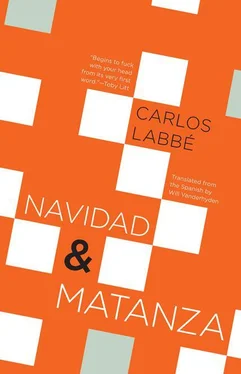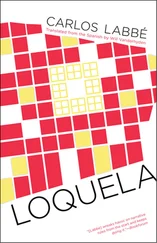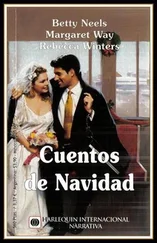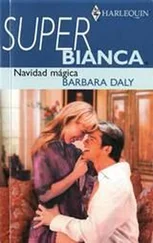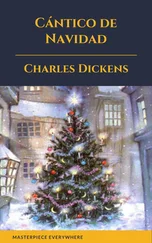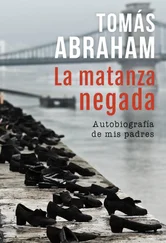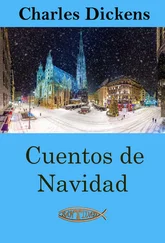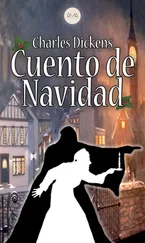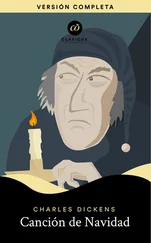This is the end of the message, my dear. I am going to press send, I’ll run circles around the room until I gather enough courage to smash my head against the mirror. I hope I don’t die.
If I wake up, I hope I’m not alone.
THE BRILLIANT IDEA had been Bruno’s. That afternoon, when the journalist showed up at the beach, the oldest Vivar had said: Now I know where we can get some cash. Then he looked his sister gravely in the eyes and she noticed his lips were smeared with sand. You’re disgusting, Alicia said to him. He smiled and slid his hand under the towel.
It’d be simple: they were relying on the fact that after sixteen years, the journalist wouldn’t have forgotten them.
He’s a writer now, it might not matter to him what happened in the past or what stopped happening, murmured Alicia, sunning herself. Those are the bad writers, the ones who call themselves poets, her brother said, as he watched the man undress his little girl and put on her bathing suit. Alicia lowered her dark sunglasses and gave Bruno a glacial look: What’re you trying to say? Well, you write poetry, you should know, replied Bruno. Disgusting, she repeated, and smiled. Better save that smile for the lovely interview that awaits you.
The next day, at five in the afternoon, Alicia got up off her towel. They’d spent the entire night inventing and disguising the sordid story that she’d tell the journalist. Why we ran away from our parents, who tied us to our cribs, and abused us. The more I cried the redder my father’s face got and the more painful his blows. Or worse: they never even touched us. They wouldn’t say our names. On weekends they locked us in the attic with bags of dog food, this is why the only living human I can tolerate is my brother; it’s not that I love him. That’s why we stole the Porsche and headed north: something eye-catching, bright, a toy for us and no one else. At Christmas they let us open presents, but only open them. Then they’d take the toy away and put it on a shelf, at a height we couldn’t reach.
Alicia set down the book she was reading and wrapped her body in a thin blue dress. A few meters away the journalist was sitting on the wet sand, his legs stretched out in front of him. Every now and then the surf splashed the soles of his feet, which must’ve felt delicious, but the intent, serious expression never left his face. Except when the little girl came running toward him from the sea, where she was swimming with her mother, and yelled something to him. Then he smiled, although he didn’t answer her. Just a smile.
Alicia started walking toward the journalist. Some vacationers were playing paddleball and the sounds of conversations mingling with the murmur of the sea, formed the same uniform mass of sound she’d heard so many summers throughout her life. She remembered a childhood afternoon in Zapallar, in her aunt and uncle’s house. She was nine years old. After lunch she took her book and went alone down to the beach. She didn’t sit on the sand, but on the grass between the parking lot and the shore. She sat there reading and watching people for hours, until the sun began to drop and she got hungry. Then she walked back to the house, always the same. Thinking about what she’d tell her mother when she asked the same questions as always (“Did you have a good time?” “Did you eat a lot of ice cream?” “Did you make a new friend?” “Did you wear sunscreen?”). Forgetting the answers because there was always something that distracted her. Once she found a cat that’d been hit by a car, lying on the pavement. It was in agony. Someone had had the decency to move it so that the cars passing by in the street wouldn’t crush it. Surely this person, who’d carried it in their hands, must’ve realized that it was alive and had left it there anyway. Alicia remembered asking herself, feeling very sad, why such cruel people existed; it never occurred to her that apathy might be an explanation. She sat down next to the cat. It was gray with white and yellow spots, and a very fluffy tail. Its back — which was cut open — oozed a white, fetid liquid; it was bleeding from one ear, from the eyes, and the anus. Its left rear foot hung, connected to the body only by skin. She too was incapable of doing anything, except accompanying it while it died. She caressed its head and soon the cat began to purr. She couldn’t swallow her tears. She also felt — for a moment — a desire to crush it with her foot or throw it in the street so the cars would obliterate it. She’d given it a name, Maximiliano. A name she liked a lot. Soon night came and the cat stopped purring. It breathed less frequently all the time, it was getting cold. Alicia decided that no, the cat wouldn’t be called Maximiliano, because maybe someone else had already named him and it wasn’t fair that he should spend his last moments with another name. And finally he died. That time she got home late. They scolded her. If she was going to be out walking at that hour then she wouldn’t be allowed to go to the beach on her own. She told them about the cat and her mother yelled: That’s why you smell so bad.
Alicia continued walking across the beach. The journalist was on his side, drawing pictures in the sand that his daughter finished with her tiny fingers. When she was just a few steps away from them, the surf came up and erased the drawing. The journalist lifted his head noticing her presence. His expression didn’t change. Alicia sat down next to them. The daughter put a wet, sandy hand between them; in the middle of her palm a sand flea writhed. She asked if the flea would die if it stayed out of the water for a long time. The journalist replied that it wasn’t water that it needed, but water and sand mixed together.
Alicia wanted to add something to his answer. She remembered when she was young she’d kept a few fleas in a jar, with seawater and sand and everything, and that still, the next day they were dead. She opened her mouth but didn’t say anything. The journalist sat looking at her. In that moment she should’ve begun telling him about the Vivar family, about her childhood, about Boris Real, the longing, Bruno, her father’s chemistry laboratory, the woman, the sirens, the hadón, the bloodless body of James Dean that’d given her nightmares until she was thirteen; yet all three of them sat in silence. The sand flea moved slowly across the child’s hand until it fell to the sand right as the tide came in and got them all wet. They heard simultaneous shouts. One from the journalist’s wife, telling them to come swimming. The other shout was Bruno’s, angry because someone had stolen their towels. A scandal was building. The lifeguard asked him to calm down, while the boy emphatically demanded compensation from the municipality.
Alicia knew she had to go back. She stood up. Incredibly, at that moment, the journalist put his hand on her ankle and whispered her name: Alicia. She turned around, surprised, managing only to respond: I’m sorry, I just wanted to tell you that I wish I’d been your daughter.
Carlos Labbé, one of Granta ’s “Best Young Spanish-Language Novelists,” was born in Chile and is the author of six novels — including Navidad & Matanza and Locuela —and a collection of short stories. In addition to his writings, he is a musician and has released three albums. He is a co-editor at Sangria, a publishing house based in Santiago and Brooklyn, where he translates and runs workshops. He also writes literary essays, the most notable ones on Juan Carlos Onetti, Diamela Eltit, and Roberto Bolaño — three writers whose influence can be seen in Navidad & Matanza .
Will Vanderhyden is a translator of Spanish and Latin American fiction. He recently graduated from the MALTS (Masters of Arts in Literary Translation) program at the University of Rochester. In addition to Carlos Labbé, he has translated fiction by Edgardo Cozarinsky, Alfredo Bryce Echenique, Juan Marsé, Rafael Sánchez Ferlosio, and Elvio Gandolfo.
